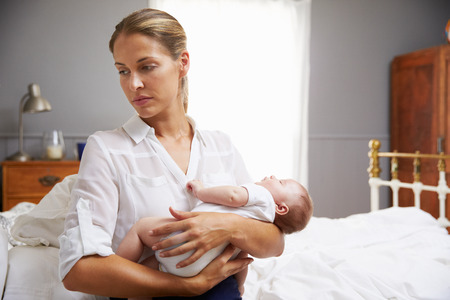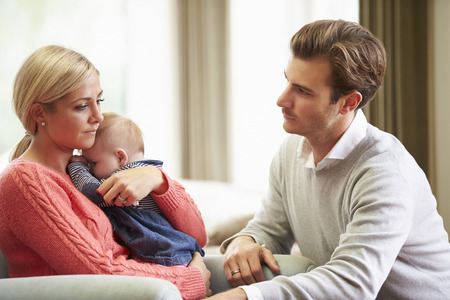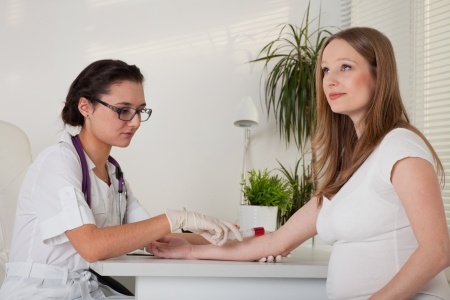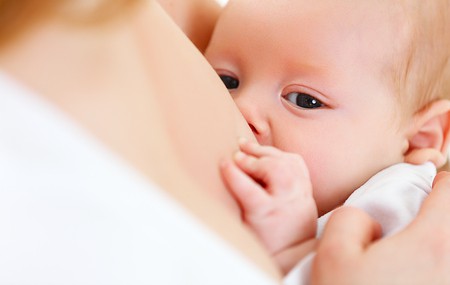Having a baby is a milestone event in the life of a married couple. Beginning from the day the baby is born, many changes occur in the body of the new mother- both physical and emotional. Post partum depression after baby is also called as postnatal depression and it is a type of clinical depression that occurs in either the mother or the father after the birth of a child. The commonest known symptoms of postpartum depression are anxiety, irritability, sadness, low energy levels, changes in the eating and sleep patterns etc. Mild forms of these symptoms may be considered normal but if they are sever and last for more than a year, then they can be diagnosed as Post partum Depression.

Causes of Post Partum Depression
You may wonder what causes depression. The exact cause of post partum depression is not known but it is believed to be hormonal in origin. The hormones responsible are estrogen, progesterone, testosterone, cortisol and thyroid hormone. The other causative factors are environmental and genetic. The mothers who had anxiety and panic attacks during their pregnancy are more prone to having such symptoms later on. The baby blues are not because of something the mother did or could not do. The causative agents are beyond your control.
There are some risk factors that have been identified to be present in the background in such cases of depression.
- Family history of depression
- Prenatal anxiety disorders
- Child birth related physical and psychological trauma
- Formula feeding rather than breast feeding
- Lack of social support
- Strained marital relationships
- An unwanted or unplanned pregnancy
- High prolactin levels.
Symptoms of Post Partum Depression
The presence of a combination of the below mentioned symptoms lasting for more than two weeks at a stretch fall in the category of post partum depression
- Severe mood swings
- Persistent sad and gloomy mood
- Low self esteem
- Difficulty in bonding with the baby
- A feeling of guilt
- Having trouble in taking care of the baby
- Overwhelming feelings
- Crying without any reason and feeling weepy all the time.
- Difficulty in taking decisions
- Getting angry or irritated very easily
- Loss of appetite
- Delusional thoughts are rare presentations of PPD.
- Impulsive behavior that could harm the baby. When you feel that your actions could harm the baby, you must seek immediate medical help.
Diagnosis and Treatment of Post Partum Depression
The presence of the symptoms of PPD anytime during the pregnancy or within the first two weeks post delivery is the main stay of the diagnosis. The main differential diagnosis here are baby blues which are mild forms of the above mentioned depression symptoms. Postpartum psychosis is another condition similar to a bipolar disorder but the presentation is severe and it is a psychiatric emergency.
The main aim of treating post partum depression is to identify the cause or risk factor and rectify it. The treatment for depression could be done by medications like SSRIs- selective serotonin reuptake inhibitors. They are very effective in treating PPD and also considered safe for breast feeding mothers. The medication does pass on in the breast milk but the amount is very small so it is not harmful to the baby.
The non medication methods of treatment include psychotherapy and counselling sessions. Counselling for post partum depression has been found to be the most effective. Group therapy and cognitive behavior therapy are also effective in dealing with the symptoms of post partum depression.
The chronic depression treatment is very important because untreated symptoms can become severe and pose a life risk to the baby. The mother will close in further on her troublesome symptoms and the situation may go out of hand. So always remember that help is available and you do not have to go through this phase. It is treatable and you can get better and enjoy your baby once again.

How To Get Help With Post Partum Depression
- Take enough rest. Nap when your baby naps and get help for household chores and other outside work. Taking help from family members is more advisable as you can rely on them and also your mother could help you out with small things for the baby.
- If you are facing symptoms of depression, do not stress about it as it will only make the matters worse.
- Take help and go for counselling sessions and interact with other mothers who are facing a similar situation. By doing so you can bounce back sooner and feel good about you. Rehab for depression is not common for PPD as you have a little baby to nurture.
- Pamper yourself and take a nap or a warm relaxing bath or watch your favorite television show while your husband plays with the baby and order out dinner. These small things are sure to make you feel better.
- Take your baby for a walk in the stroller every evening. Get some fresh air and make new friends. Having a friend who is also a new mother will give lots to share and talk about. It will take away the stress and you will be able to cope better.



